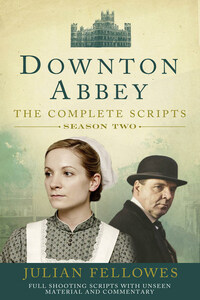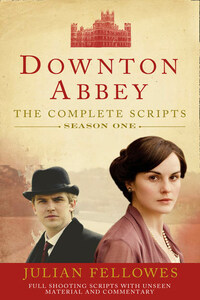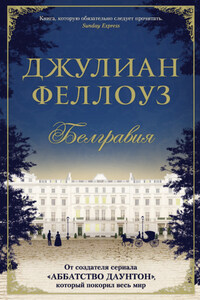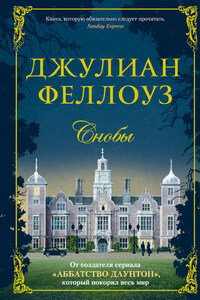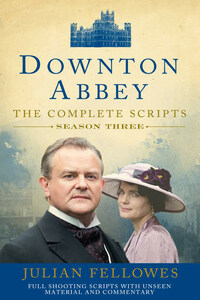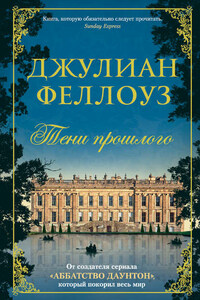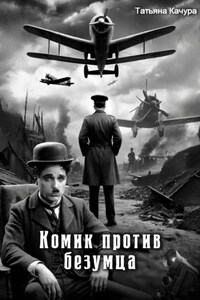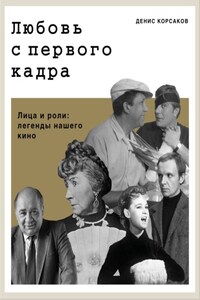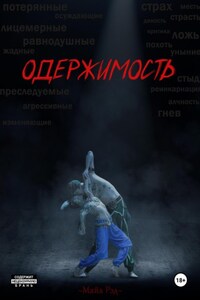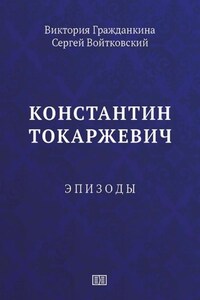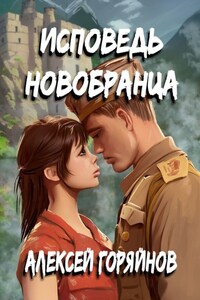Season Two of Downton Abbey is very different to Season One, and that was entirely deliberate. The year before, when we first began to think about shaping the show, we decided our starting point should be 1912; that is, just before the end of the Old World, but nevertheless in a recognisable place, with railways and cars and telephones and telegrams, which a modern viewer could connect with. Of course, not very many people live like the Crawleys now, but not very many lived like them at the turn of the last century.
By taking 1912 as our opening, if the series did not prove popular, we would be able to end it with the news of the outbreak of the Great War, and that, to a degree, would give us a satisfactory conclusion. However, if there should prove to be a demand for more, then the second season would take place during the First World War, and the third would chart the early years of the 1920s. In other words, the initial three seasons would cover three periods, which, despite happening within a comparatively short space of time, were nevertheless quite distinct from one another. And so the business of finding a new colour for each series didnât really present a problem, because the material was bound to be very different, and that would dictate the tone.
The challenge, naturally, was how to cover the war. In the end, we decided that, just as we had opened Season One with the news of the Titanic in order to pinpoint where we were, similarly we would open Season Two on the battlefield, so there would be no mincing about. From the first scene the audience would know the war has begun. The other decision we made was that we would go forward two years into the middle of the fighting. This was partly because, after the declaration of war, as with all wars, there was a kind of slow-burn start-up, when we wanted to begin with a big bang, literally, but it would also mean that all the characters could have war back stories as the series opened; they could have met other people, they could have different experiences or, in the case of Matthew, a fiancée has arrived in the gap since we last saw him. Added to which, we wouldnât have to show them in training for the Army. That had all happened. They could jump out of the screen, like Athena leaping from the head of Zeus, fully formed fighters, caught in the Sturm und Drang of the Battle of the Somme. Anyway, that was the decision.
Of course, this last detail was quite a tall order in itself, but we felt strongly that we had to accompany Matthew to the front, so it was a problem to which we needed a solution. The point was, we felt it would be cheating not to go to the battlefield. The alternative would have been to present it like a Greek tragedy, with everything happening offstage and people coming in and saying, âItâs terrible over there,â but that felt very feeble as an option. In the end, we had a tremendous stroke of luck when someone told us about a chap in Suffolk, Taff Gillingham, who was a great First World War aficionado and who had actually built a field of trenches, where he and his friends would get dressed up in uniforms and race around firing at each other. All of which was a miracle for us, because the cost, if we had not found him, would have been prohibitive. But even with his extraordinary maze of trenches to make the most of, we knew we wanted the core and heart of the show to remain Downton Abbey itself, and so this series was always going to be about a civilian family being plunged into the demands of total war.
The First World War (of course, every time one makes these generalisations there are six experts living in Thetford who write to tell you how wrong you are, but stillâ¦) was the first conflict that became a civilian war to any great extent. This was not so much because of German bombing, as it would be in 1940. Rather, it was the sense that the country had to get behind the war effort in a way that they hadnât when their menfolk fought the Boers, or in the Crimea. Those episodes, like wars in the eighteenth century, were generally considered to be happening âover thereâ, while the First World War happened to every man and woman in the land.
Part of this phenomenon was manifested by many, many landed families volunteering their houses for war work, usually for medical use â not invariably, but usually â and so, for us, that seemed a good template to go with. The houses werenât requisitioned; it wasnât like the second war, when they were commandeered for the services, for ministries and for schools. That wasnât it. In 1914 these people gave their houses over freely.
